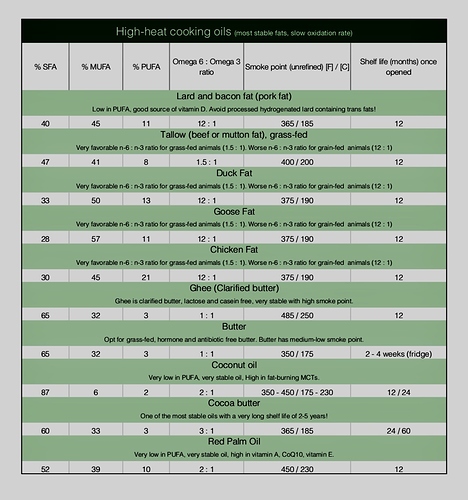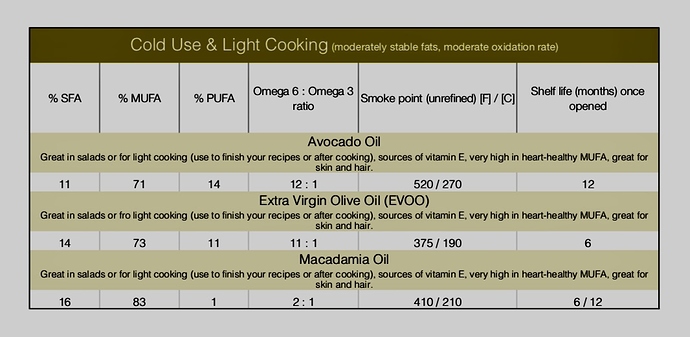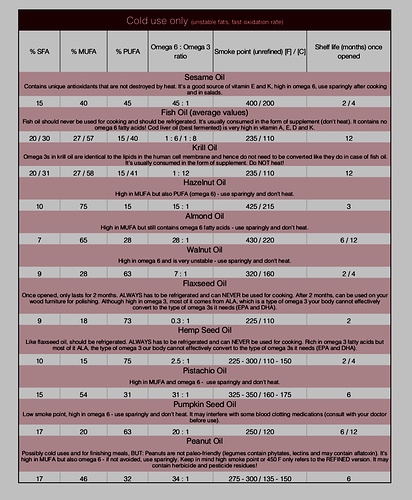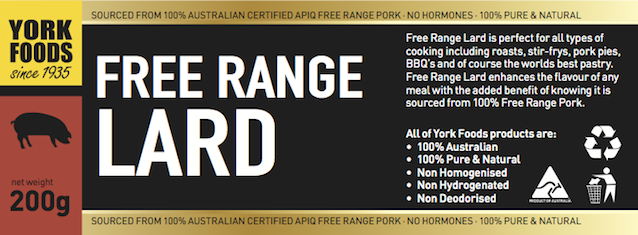A Closer Look at Cold Pressing
Unlike refined oils, cold pressed oils retain their nutritional value, taste is also better. Refined oils should be avoided because of their degraded nutrition, yet they have become the norm in the food supply.
The term is of German origin - ‘kalt geschlagen’, which translates to ‘cold pummeled’. In the EU, the term is clearly defined but in America has a looser definition and can even be used for some refined oils!
Cold pressing takes longer, it is more expensive, and that’s why the big food companies don’t use it (in those circumstances where they could that is!)
The technique as it implies is extremely concerned with the amount of heat used in the process. In contrast, extremely high temperatures are used to refine oils, in many cases this process is needed to even make the oil palatable. If it has to be treated with extreme heat (450 degrees) and chemical processes (bleaching, hydrogenating etc) before you can eat it, then it should definitely be avoided!
And lets not forget that heating oils can create carcinogenic compounds, and that applies even in home cooking, so these modern refined oils raise many health issues.
Traditionally, the seeds will have been “pummelled” using extremely heavy granite millstones. These days, heavy stainless steel presses are used. There will of course be some natural heat generated through friction, but the slow process keeps this to the absolute minimum. Absolutely no chemicals are used.
An excerpt from this article-
http://www.seventhwaveuk.com/content/117-is-rapeseed-really-a-healthy-oil












